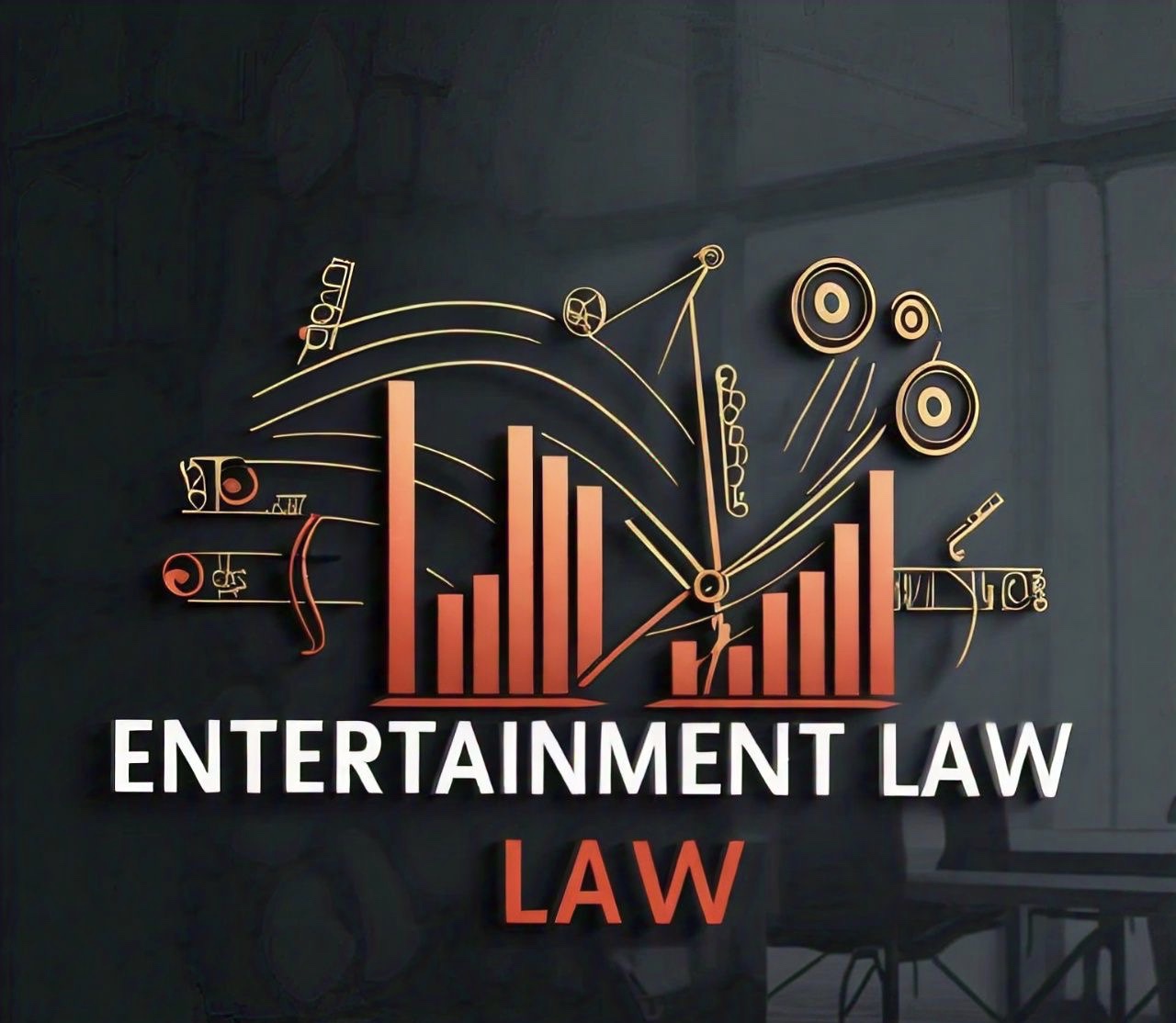
The entertainment industry, comprising sectors such as film, music, television, theater, and digital media, is a major global force driven by creativity and innovation. At the heart of this industry there is intellectual property (IP), which serves as the legal foundation protecting the creations of artists, performers, writers, and producers. Intellectual property laws safeguard the rights of creators, ensuring they receive recognition and compensation for their work, and fosters an environment that encourages creativity and innovation. This research explored the various intellectual property laws that govern the entertainment industry, identifying their significance and the protections they offer.
Types of Intellectual Property Laws in the Entertainment Industry
- Copyright Law
Copyright law is one of the most significant forms of intellectual property protection in the entertainment industry. It protects original works of authorship, including literary works, musical compositions, films, television shows, scripts, and other artistic creations. Copyright law grants the creator of an original work exclusive rights to reproduce, distribute, perform, display, and create derivative works based on the original. This protection typically lasts for the life of the author plus an additional 70 years, though the term varies depending on the jurisdiction. It ensures that creators and owners of content are compensated for the use of their works. It is particularly necessary in industries such as film, music, and publishing, where the reproduction and distribution of creative works form the core of the business. Copyright also plays a role in licensing deals, allowing content creators to authorize others to use their works under specific terms. - Trademark Law
Trademark law protects brand names, logos, slogans, and other identifiers that distinguish the goods or services of one entity from those of others. In the entertainment industry, trademarks are essential for protecting the brands associated with films, television shows, music bands, and other entertainment products. Trademarks prevent others from using similar marks that could cause confusion among consumers. Trademarks can be renewed indefinitely as long as they continue to be used in commerce. It help build brand identity and loyalty. For example, the name of a popular film franchise, the logo of a music band, or the branding of a streaming service are all protected by trademark law. Strong trademark protection ensures that consumers can trust the origin and quality of the entertainment products they purchase or engage with. - Patent Law
While patents are less commonly associated with the creative aspects of the entertainment industry, they play a significant role in protecting the technological innovations that underpin the industry. Patent law grants inventors exclusive rights to their inventions, which can include new technologies, processes, or devices used in the production, distribution, and consumption of entertainment content. Patents typically last for 20 years from the filing date. They are particularly relevant in areas such as special effects, animation technology, video game development, and streaming technology. For example, a patented process for creating lifelike animations or a new method of compressing video data for streaming services can give a company a competitive edge in the market. - Right of Publicity
The right of publicity protects individuals, particularly celebrities, from unauthorized commercial use of their name, likeness, voice, or other identifying characteristics. This right allows individuals to control and profit from the commercial use of their identity. This protection varies significantly by jurisdiction, with some regions offering strong statutory protection and others relying more on common law principles. The right of publicity is important for actors, musicians, athletes, and other public figures whose image and persona are central to their careers. Unauthorized use of a celebrity's likeness in advertising, merchandising, or other commercial endeavors can lead to significant legal disputes. This right also intersects with trademark law when celebrities seek to protect their name or likeness as a brand. - Trade Secret Law
Trade secrets encompass confidential business information that provides a competitive edge, such as production techniques, marketing strategies, or proprietary algorithms. Unlike patents, trade secrets are protected without registration as long as the information remains confidential and provides a business advantage. Protection lasts as long as the trade secret remains undisclosed to the public. Trade secrets are vital in areas such as film production, where details about a script, release dates, or marketing strategies can be critical to a project's success. In the digital age, algorithms used by streaming services or recommendation engines are often protected as trade secrets.
Challenges and Considerations
- Global Enforcement: The entertainment industry is global, and enforcing IP rights across different jurisdictions can be challenging. While international treaties such as the Berne Convention and the Madrid Protocol provide a framework for IP protection, differences in national laws can complicate enforcement.
- Digital Piracy: The rise of the internet and digital media has made it easier to copy and distribute content illegally. Copyright infringement through digital piracy remains a significant challenge for the entertainment industry, leading to substantial revenue losses.
- Balancing Access and Protection: There is an ongoing debate about the balance between protecting IP rights and ensuring access to creative works. Overly restrictive IP laws can hinder access to cultural content, while insufficient protection can discourage creators from producing new works.
Conclusion
Intellectual property (IP) laws are indispensable to the functioning and growth of the entertainment industry. By safeguarding the creations of artists, performers, writers, and other content creators, IP laws ensure that those who contribute to the industry's vibrancy are fairly compensated and recognized for their work. These laws—encompassing copyright, trademark, patent, right of publicity, and trade secret protections—form the legal backbone that enables the industry to thrive in a competitive global marketplace. Copyright law, with its comprehensive protection of original works, is fundamental to the production and distribution of creative content. Trademark law strengthens brand identity and consumer trust, while patent law protects the technological innovations that drive modern entertainment. The right of publicity ensures that public figures can control the commercial use of their identity, and trade secret law safeguards the confidential business information that can give companies a competitive edge.
However, the entertainment industry also faces significant challenges in enforcing IP rights, particularly in the digital age, where piracy and unauthorized use of content are prevalent. The global nature of the industry adds complexity to IP enforcement, requiring a careful balance between protecting rights and ensuring access to creative works. Overall, intellectual property laws are pertinent to the sustainability and success of the entertainment industry. They not only protect the rights of creators and businesses but also foster an environment where creativity and innovation can flourish. As the industry continues to evolve with new technologies and shifting consumer preferences, the role of IP laws will remain crucial in shaping its future.






